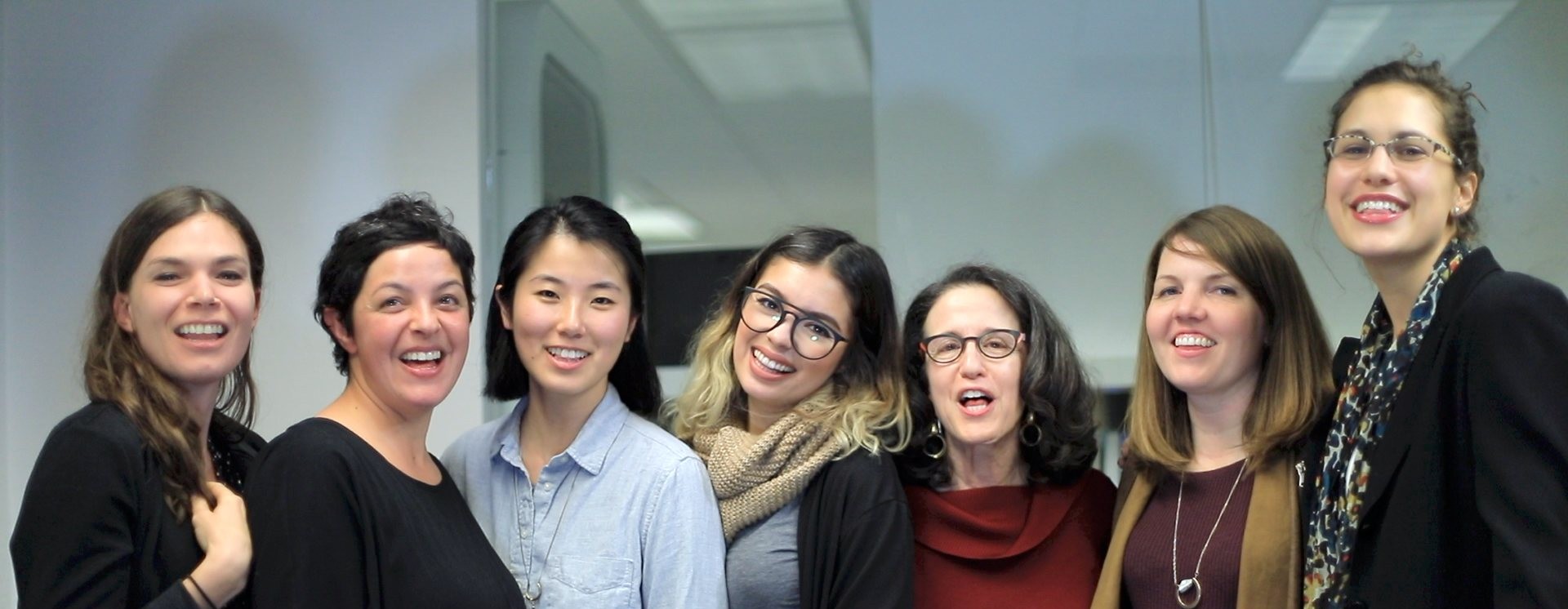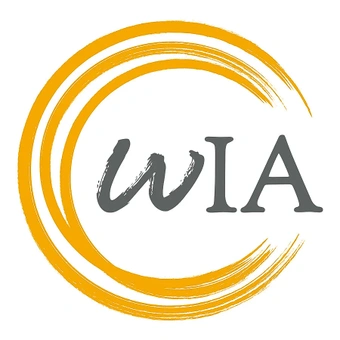Security and risk assessment for operating a hotspot program in Uganda

Skoll World Forum
This job is no longer accepting applications
See open jobs at Skoll World Forum.See open jobs similar to "Security and risk assessment for operating a hotspot program in Uganda" The Women’s Impact Alliance.Summary
The Freedom Fund (freedomfund.org) is a global non-profit organisation that identifies and invests in the most effective frontline efforts to eradicate human trafficking and exploitation.
The Freedom Fund is seeking to work with a consultant to conduct a security and risk assessment of Uganda, specifically the Karamoja sub-region, to assess if it is feasible for Freedom Fund to operate a hotspot program through providing support to local partners.
The security and risk assessment will examine the following risks and security measures:
1. Provide an overall risk assessment for the Freedom Fund to operate a program and fund local organisations in the Karamoja sub-region of Uganda.
2. Provide a detailed security analysis and mitigation measures of specific pre-determined categories that should be included in the assessment (more on this below).
3. Conduct an actor mapping with associated risks and mitigation efforts, with a special focus on relevant government agencies/institutions, local NGOs and advocates.
4. Include a detailed analysis on the feasibility of the Freedom Fund staff to travel to Karamoja to conduct project site visits and any safety measures that would need to be in place to promote staff safety while traveling.
Eligibility
● The Freedom Fund would like to commission a consultant by 15 September 2023.
● Applicants should be based in Uganda or have a colleague who is based in Uganda and able to assist as needed in conducting the security assessment.
● Deep knowledge/understanding of Uganda is essential.
● Experience in conducting security assessments and developing mitigation plans is essential.
Deadline
Applications should be submitted to jobs@freedomfund.org with Uganda Security Assessment in the subject line by 8 September 2023.
Background on the Freedom Fund and our hotspot approach
The Freedom Fund identifies and invests in the most effective frontline efforts to eradicate modern slavery in the countries and sectors where it is most prevalent. Partnering with investors, governments, anti-slavery organisations and those at risk of exploitation, we tackle the systems that allow slavery to persist and thrive.
The Freedom Fund carries out most of its work through support for multi-year “hotspot” programs, providing support through clusters of civil society organisations. This allows us to concentrate significant resources in geographic areas with high levels of modern slavery, so that we can achieve greater impact. Much of our support focuses on community-based local organisations; we see them as the most effective agents of change, with capacity to deeply understand and challenge the status quo.
When considering new programming, whether it’s exploring a new issue area or geography, the Freedom Fund finds it prudent to conduct security and risk assessments, inclusive of risk mitigation measures, to ensure that a proper understanding of the context has been captured. This allows for better decision making when determining the feasibility of operating in a new location or in addressing a new issue area within the modern slavery landscape.
The security and risk assessments conducted should include detailed information that is reflective of not only high-level statistics or government reports but is also informed and clarified by local voices and experiences. The security and risk assessments are also meant to be tailored to the Freedom Fund’s specific needs and detail out the risks and reasonable mitigation measures related to supporting and funding community-based local organisations. With this focus in mind, assessments should be geographically specific with relevant mitigation measures that can have a local impact.
About the Program
The Freedom Fund has developed a programmatic strategy for addressing child, early, and forced marriage and unions (CEFMU) in Uganda. Through an in-depth analysis, the Karamoja sub-region was selected to explore starting an initial inception year of hotspot programming.
Despite child marriage being outlawed in Uganda, up to 43% of girls are married before their 18th birthday, representing 5 million child brides.[1] Our strategy for addressing CEFMU in Uganda takes into consideration the regional and ethnic differences in CEFMU across the country, recognising both harmful cultural practices, such as arranged child marriage, and the influence of traditional leaders in shaping local practices and norms. The intersectionality of other key issues impacting girls has also been reflected in the strategy, such as child labour and migration of children to seek work abroad, access to healthcare, household economic security, and education.
The Freedom Fund is aware that high levels of deprivation in the Karamoja region have contributed to CEFMU, child labour, and the trafficking of Karamojong children to other parts of Uganda and to Kenya. Working closely with locally based consultants, we have selected the Karamoja sub-region as the location to explore launching a new hotspot and want to be mindful of the risks and challenges present in operating in such a complex context.
Our CEFMU strategy for Uganda will not only seek to address gaps that allow CEFMU to persist, but also build off existing strengths. There is a strong network of local partners working on the issue; Girls Not Brides Uganda formed a national partnership in 2016 and has over 80 members working at community, district, regional, and national levels. Uganda’s political commitment to address CEFMU has led to improvements in the age at first marriage over time, with a decline in girls married by age 18 from 54.6% in 2006 to 42.7% in 2016. Although our strategy is inclusive of existing strengths, such as exploring opportunities to coordinate with key stakeholders, we also want to be prudent in identifying risks and establishing proper mitigation measures.
Scope of the consultancy
Description of deliverables
The consultant will work with the Freedom Fund to create a tailored, location-based security and risk assessment for the Freedom Fund to operate a program in the Uganda sub-region of Karamoja.
The assessment may be conducted either locally or remotely by the consultant who should already have detailed knowledge of the area and/or is able to access locally based colleagues to better analyse security concerns and accurately reflect the dynamic and rapidly changing security landscape. The consultant will work in cooperation with the Freedom Fund Program Development Manager.
The assessment should take into account the following categories and include both a summary of risks and mitigation measures as they relate to both the broader context in Uganda and the Karamoja sub-region.
1. Political environment, inclusive of stability of government at both a local and national level and perceived government acceptance or hostility to the Freedom Fund addressing modern slavery and related concerns about CEFMU. The analysis should consider a range of relevant government agencies and institutions.
2. Crime, concerns about crime broadly and specific to the geographies stipulated.
3. Terrorism and conflict, including ethnic, cultural, and religious conflicts, concerns related to terrorist work of extremist political groups, and identification of armed groups or others that could pose a serious security threat to program implementation or the safety and security of the communities in the identified geography
4. Health, as it relates to local health concerns and access to proper healthcare services.
5. Natural hazards
6. Travel, related to Freedom Fund staff and consultancy travel to and within Karamoja. The travel review should also evaluate travel concerns or barriers for locally based organisations and community members within the region.
7. Safeguarding, related to the structures that support or challenge safeguarding of communities and potential project participants. Risks related to threats to leaders and NGO partners should be considered. Public or private stakeholders with opposing interests to the program addressing CEFMU should be identified.
8. Legal and Financial, as it relates to the ability of the Freedom Fund to provide funds to local organisations and for local organisations to both receive and use foreign funds, and the ability of local partners to operate.
9. Technology, related to both digital privacy and infrastructure, i.e., access and stability of internet or other telecommunications. Areas of high risk due to lack of or poor communications should be mapped. The analysis should include potential online threats, harassment and political persecution, among others.
The assessment report should provide a broad overall risk assessment and summary, as well as detailed information on the categories listed above, including risk levels, potential impacts on the Freedom Fund’s work and mitigation measures. Furthermore, the report should include an actor mapping that captures both risks and mitigation actions for relevant stakeholders such as government, NGOs, UN agencies, grassroots organisations, and local communities, as well as programs/services available, including programs to support survivors. The assessment should be developed in English and take into consideration the Freedom Fund nature of work, knowledge of the field, and possible threats with associated mitigation measures for each category. Risks to Freedom Fund’s reputation and potential retaliation to staff and local NGOs should be part of the analysis.
Any other details to be incorporated in the risk assessments will be prior discussed with the Freedom Fund Program Development Manager.
Schedule
The consultant should provide the following specific deliverables according to the schedule below, unless otherwise agreed with Freedom Fund in writing.
● A first draft of the risk assessment will be shared with the Freedom Fund for feedback by 31 October 2023.
● A final draft, inclusive of Freedom Fund feedback, will be submitted by 15 November 2023
Budget
Applicants should provide the rate for delivery of a draft and final security report as part of their application.
Expressions of interest
Informal queries relating to the consultancy should be submitted to Hannah Elliott at the following address: helliott@freedomfund.org
Applications should include
● A cover letter outlining relevant skills and experience.
● Up-to-date CVs of the team.
● Estimated number of days and daily rate to complete the consultancy.
● A sample of a security assessment you have developed in the past (if applicable).
● A suggested work-plan for development and submission of the security assessment
● All documents must be written in English and submitted electronically in Microsoft Word or PDF form.
Timeline and submission instructions
● 21st August 2023: Circulation of consultancy opportunity
● 8th September 2023: Deadline for submission of applications for the consultancy. Applications should be submitted to jobs@freedomfund.org with Uganda Security Assessment in the subject line.
● 13th September 2023: Shortlisted applicants will be notified and contacted for interview.
● 22nd September 2023: Contract signed with selected applicant.
References
[1] 1United Nations Population Fund. Child Marriage and Teenage Pregnancy in Uganda.; 2020. https://uganda.unfpa.org/en/publications/child-marriage-and-teenage-pregnancy-uganda

